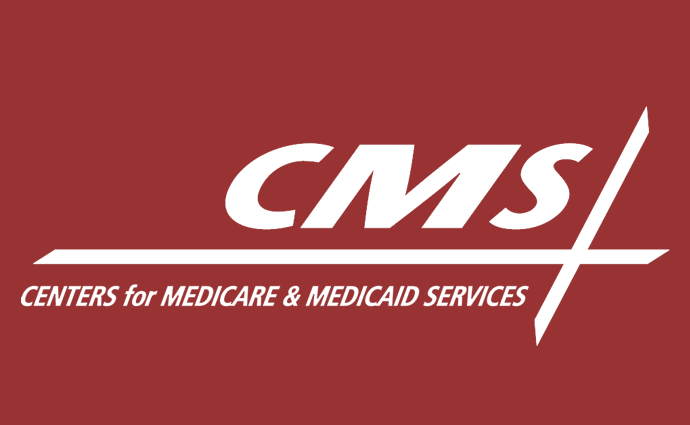CMS, HHS Leaders Commend 4 States for Expanding Postpartum Coverage
Four states have expanded postpartum coverage from the typical 60-day period to twelve months, joining the ranks of seven other states that already expanded coverage.

Source: CMS Logo
- HHS and CMS leaders have voiced their affirmation of four states that recently expanded Medicaid and Children’s Health Insurance Program (CHIP) postpartum coverage.
California, Florida, Kentucky, and Oregon expanded coverage for the postpartum period to 12 months. Altogether, these policies will improve coverage for 126,000 families—57,000 families in California, 52,000 families in Florida, 10,000 families in Kentucky, and 7,000 families in Oregon.
“As CMS Administrator—and also as a mother—I applaud California, Florida, Kentucky, and Oregon for joining a cadre of states in giving families one of the greatest gifts we can: The peace of mind of health coverage, particularly in the critical post-partum period,” said CMS Administrator Chiquita Brooks-LaSure.
Florida used a Medicaid and CHIP section 1115 demonstration to expand its coverage, but the rest of the states took advantage of the new state plan opportunity through the American Rescue Plan, as have other states like Illinois.
“The American Rescue Plan gives all states an easier pathway to extend postpartum coverage beyond the critical first weeks for a new family, which can put all our communities—particularly those hard hit by health disparities—on a better course toward health and well-being,” Administrator Brooks-LaSure shared.
HHS Secretary Xavier Becerra agreed.
“Today, more than 126,000 additional families will benefit from states extending Medicaid and the Children’s Health Insurance Program to 12 months of postpartum coverage,” Becerra said. “This is a significant step forward in our efforts to improve maternal health and equity across the country.”
Secretary Becerra indicated his hopes that these states have kicked off a trend in postpartum coverage that other states will follow.
Apart from these four states, there are seven others— Illinois, Louisiana, Michigan, New Jersey, South Carolina, Tennessee, and Virginia—that have also expanded postpartum coverage to a year. Another nine states and the District of Columbia are considering proposals that would expand coverage to 12 months.
“I applaud California, Florida, Kentucky, and Oregon for joining our efforts to support healthy parents and babies, and call on other states to work with us in expanding access to this critical care,” said Becerra.
Experts have urged states to expand Medicaid and CHIP coverage during the postpartum period in order to support children’s development.
“The first year after giving birth is a critical period—and families deserve the peace of mind knowing they will be able to access the health care coverage they need, without interruption,” Secretary Becerra agreed.
Maternal healthcare is a form of care that suffers from a lack of health equity. Experts have argued that expanding access to care for mothers and children after delivery is essential to advancing health equity. Maternal healthcare has taken a central place in health insurance industry reforms as the industry moves to promote both health equity and value-based care.
